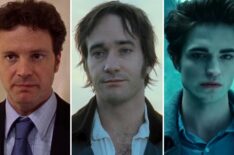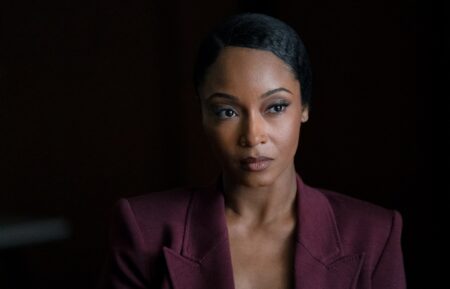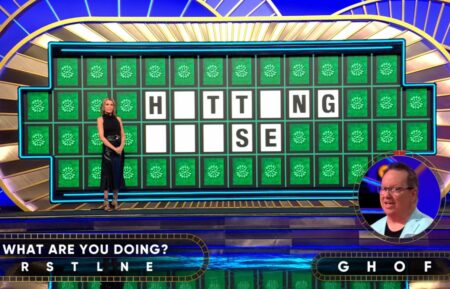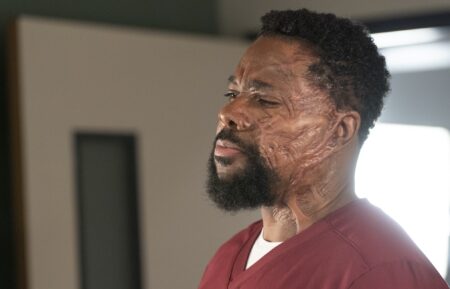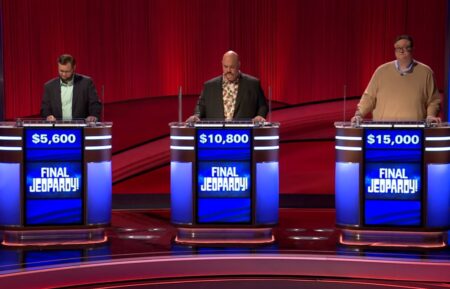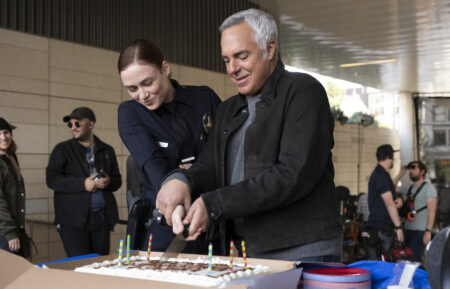Hugh Grant Has Always Played the Villain
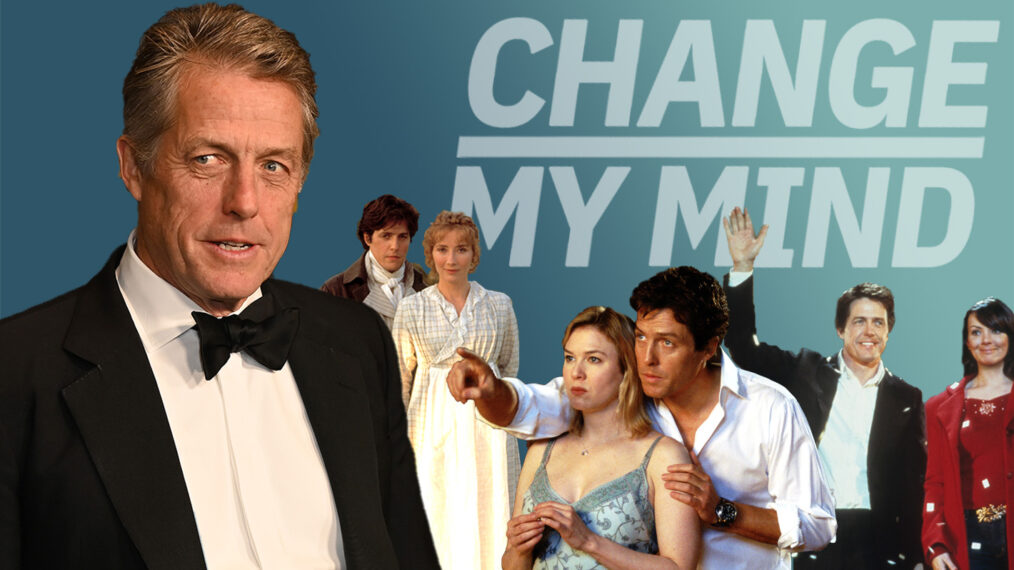
Hugh Grant‘s career has entered what the actor himself coined the “freak show stage” of his career. From the oh-so-tiny Oompa Loompa in Wonka to the short-lived Edward Keplinger in The Regime, the seasoned British actor has departed from his romantic lead typecast.
For his most recent leading role as Mr. Reed in Heretic, Grant traps two young Mormon missionaries in his basement game of faith and horror. Green-haired, dancing orange man aside, Mr. Reed is his most extreme role to date. Playing a man who traps women in cages is as large a departure as he can take, especially when his origins are largely rooted as charming leads in romantic comedies.
And not just any romantic leads. Grant has starred in some of the most iconic romantic comedies: Edward Farris in Ang Lee’s Sense and Sensibility, William Thacker in Richard Curtis‘ Notting Hill, Charles in Four Weddings and a Funeral (the first of his three films with the famed romance director), David the Prime Minister in Curtis’ Love Actually. Essential to each of these roles, Grant’s charming smile and self-effacing mumble made him a heartthrob of the ’90s and ’00s.
But a heartthrob is not exempt from their red flags. Like a wolf in a beloved Englishman’s clothing, Grant’s characters have always been more villainous than they appear.
The actor’s breakthrough role as Charles in Four Weddings and a Funeral marked him as good-looking and disarmingly likable. Charles flipped a leading man’s role on his head, appearing as non-threatening and passive, his true motives often taking a backseat to politeness. However, for the friend who forgets rings, arrives late, pursues a woman in a relationship, and abandons his fiancée at the altar, suave and shy are not necessarily the first words that come to mind.
Perhaps his most cardinal sin of all was committed in Notting Hill. How did he allow Julia Roberts walk out the door to be ambushed by the paparazzi?! Without her pants?!
On multiple occasions, when given the opportunity to profess his feelings to his own heartthrob Anna (played by the real-life movie star Roberts), William chose silence and inaction. He even rejected Anna’s own proposal to pursue the relationship legitimately after he had spent an entire year forlorn about what could have been.
Never establishing a backbone to communicate properly with the women he truly loves has perhaps been a throughline of Grant’s romantic career. Even his casting as Edward Farris in the 1995 Sense and Sensibility fits the bill, the price of his inactions and omissions being paid by the woman who loved him most.
His most meaningful encounter in the film, in my opinion, came far too late. In the final act, Elinor Dashwood (Emma Thompson) realized that Farris had been engaged to and then married a woman of higher society. This was the engagement that Farris had failed to mention during the entirety of their courtship. The man was shelling out his monogrammed kerchiefs left and right. Unforgivable!
Lastly, Curtis’ 2003 holiday rom-com Love Actually follows the love stories of 10 different individuals and those in their lives. “Love” is used liberally as Grant is one of the many male characters engaging in inappropriate romantic relationships with his own employees. Grant plays David, the Prime Minister, who initially resists the urge to act on his attraction to a junior member of staff, Natalie (Martine McCutcheon). While he presents himself as a moral politician, looking down on the U.S. President (Billy Bob Thornton) for making his own advances on Natalie, David acts on his attraction in the end nonetheless. While the pair ends up in a public, seemingly unproblematic relationship (for now) by the end of the film, we can’t overlook their checkered origins.
Looking back, Grant has actually always played the villain. We just weren’t looking hard enough.

